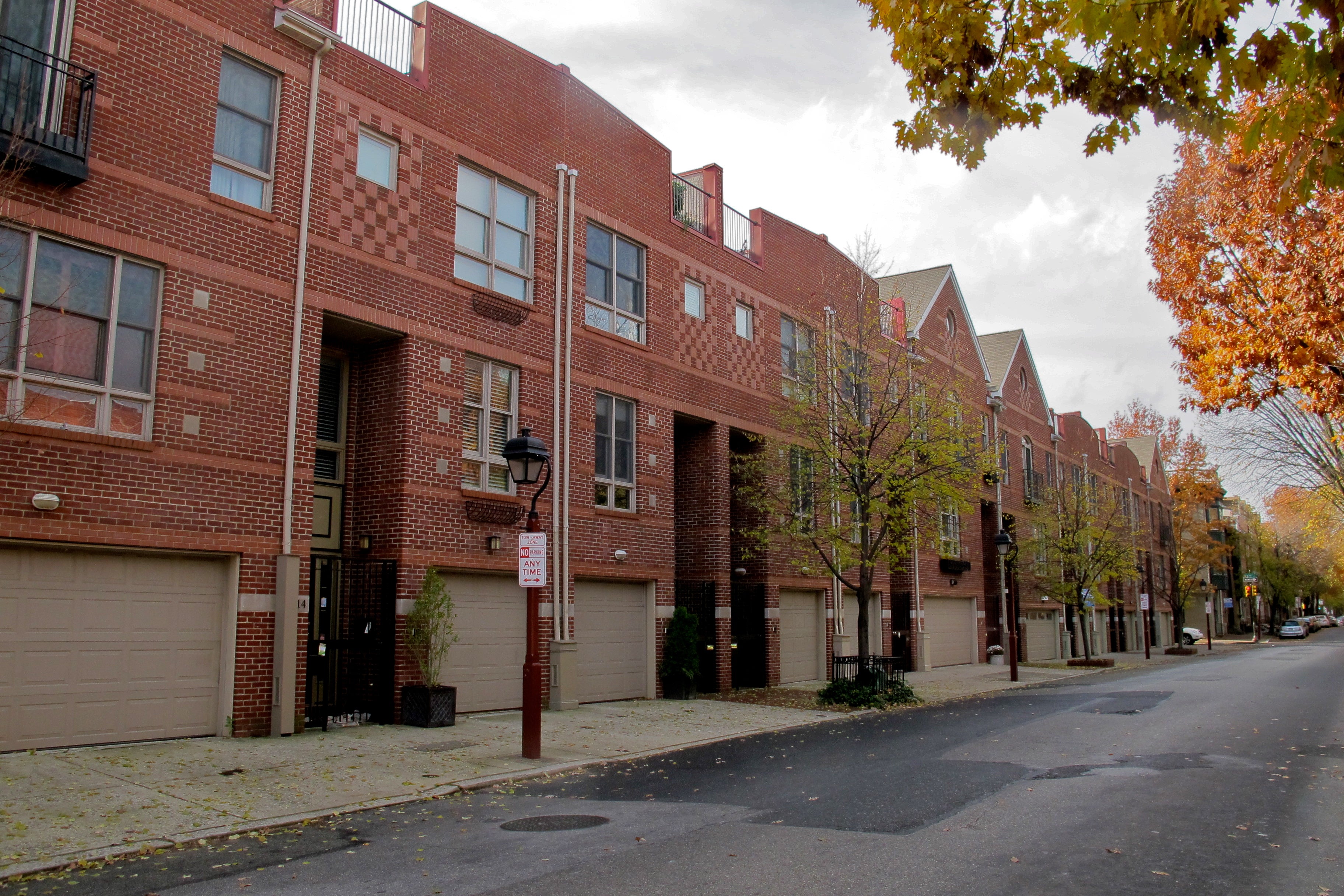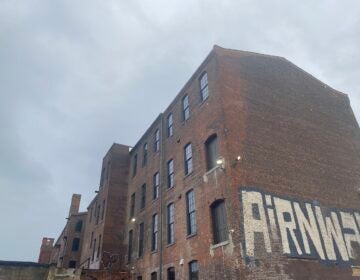City Council moves to require more parking in Philly neighborhoods

In the midst of a heated debate about how to increase the amount of affordable housing in the city, West Philadelphia City Councilwoman Jannie Blackwell is resurrecting a two-year-old bill mandating developers to provide more parking with new residential construction.
Most experts agree that such a move would increase the cost of new housing, but Blackwell says the time is right to resurrect the 2016 bill, which would double the number of parking spaces developers are required to provide in many zoning districts.
“I wrote the bill a few years ago, but I didn’t think we had the support then,” said Blackwell. “But I think now we may have the support… because people are suffering. I hear about it all the time.”
Blackwell’s bill would require housing developments built in most multi-family zoning districts to provide six parking spaces for every 10 units of housing. The current law requires three spaces for 10 residences. The increased mandate would affect even the densest zoning districts, which are mostly found downtown and in University City, the commercial heart of Blackwell’s district.
Under the proposed bill, developers would have to provide seven parking spaces for every 10 housing units in industrial-residential mixed use areas like Kensington and Callowhill.
In single-family districts and the most common multi-family district (RM-1), three parking spaces would be required for every 10 housing units, whereas none are required now. Those two categories are how a majority of the city is currently zoned.
In 2012, during the city’s zoning overhaul, officials cut down the amount of parking required for residential development in hopes of promoting transit-oriented growth and encouraging construction across the city. The move against mandatory parking minimums reflected national big city trends.
Blackwell regrets that action. She wants a return to the pre-zoning-reform days when one parking space was required for every new housing unit built outside of Center City.
“I’m only asking for 6 for 10 even though we really need to have more,” said Blackwell. “I think all of us realize how difficult parking is in this city. It gets worse and worse.”
On Tuesday, the Planning Commission reviewed the bill and found it deeply flawed, just as they did when it was first under consideration in 2016. They voted unanimously against recommending its passage. It is scheduled for a Rules Committee hearing next week, on May 23.
Developers, whether they are building affordable housing or high-end condos, regard Blackwell’s legislation with something like horror. Industry groups overwhelmingly say that the bill would add more costs to projects without delivering benefit to the city as a whole.
The Philadelphia Association of Community Development Corporations opposes the bill, as does the Building Industry Association (BIA).
“To roll back parking requirements to the 1950s is the opposite of logical,” said Leo Addimando, vice president of the BIA, which represents residential real estate developers.
“Having access to a free parking spot is not in the bill of rights,” said Addimando. “There are scarce resources in any urban environment and one of those is parking. In some neighborhoods it’s especially acute, such as around the Temple University area. But a change like this citywide just seems like a really bad piece of policy.”
Academic research on mandatory parking minimums universally suggests that it significantly increases the cost of housing and restricts new construction.
A law exempting commercial-to-residential conversions from such requirements in Los Angeles spurred a huge burst in that kind of construction, to the point where it constituted 75 percent of new housing units between 2000 and 2010. When Oakland, California instituted parking requirements in the 1960s it drove developers to either abandon the city or focus only on high- end residential development.
But Blackwell is not the only City Council member with a long-standing interest in forcing developers to provide more parking and rolling back the 2012 mandatory minimum reform.
Last year Council President Darrell Clarke also proposed doubling parking requirements in most multi-family zoning districts.
Even if Blackwell’s bill doesn’t advance, Clarke is said to be working on a new bill to increase parking requirements as well. His office had no comment in response to PlanPhilly’s queries about such legislation.
WHYY is your source for fact-based, in-depth journalism and information. As a nonprofit organization, we rely on financial support from readers like you. Please give today.







